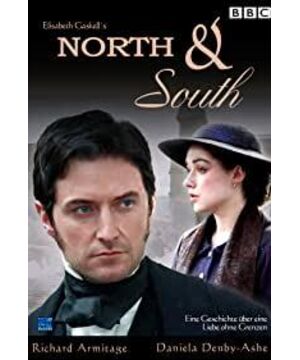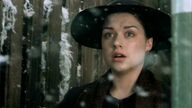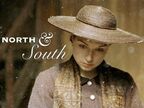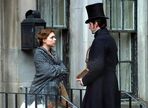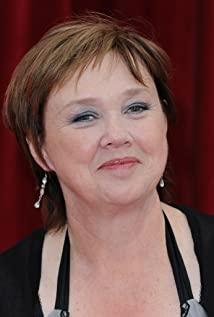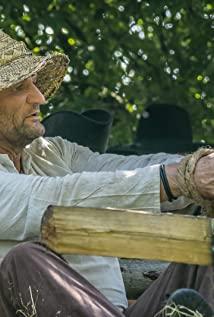On the other hand, is she really like a lady? At his cousin's wedding dance, he described the wedding he wanted with Henry (a tragic cannon fodder). Another embarrassing departure.
If the last time can be said to be the heroine's frankness, then the part that later became the male lead was simply the highest performance of the brainless white lotus, completely disregarding the consequences and the six-eyed flying fish, when the male lead came to confess The
most interesting thing is, according to this heroine's usual behavior, I completely believe what she said, yes, no matter who she is, she will rush to it. . . . But that's not what ladies do, right?
Speaking of the plot, after saying a lot of things that poke the male protagonist's heart, our female protagonist summed it up like this: "I'm just, not good at rejecting others." What kind of expression.
Let's talk about how the heroine dealt with the part where the hero and the hero's mother misunderstood her misbehavior (the heroine's mother was about to ascend to heaven, and the heroine's brother came to die for the last time, and finally had to run overnight for fear of being recognized by his fellow villagers. Lu, was seen by the male protagonist when we kissed goodbye), according to the plot trend, at that time, the female protagonist praised our male protagonist to her brother, saying that he was good, and he was also good to our family. As a result, he would rather believe the second male (let the second male help his elder brother fight a lawsuit, and the second male is a lawyer), rather than believe the male lead, feeling that the front foot just told the male lead, and the back foot male lead is going to report. A very lofty sentence, the main point is that things are not what you think, involving personal privacy, I can't say, whether you believe it or not, hum~! The result was that the second male didn't have a bird at all, or the male lead helped the female lead without knowing anything (the elder brother accidentally injured the fellow villager, and the tragedy was that the fellow countryman burped, and the police investigated the case. When I got to the heroine, the heroine denied that she was not at the scene at the time. When I saw this scene, I thought, so many witnesses, is she a sa? ).
All in all, this woman has a brainless white lotus flower, double standards, and extremely low emotional intelligence.
Don't like it, complain about it.
But I have to say that the idea of this novel is very good. The heroine and the hero are typical representatives of the South and the North at that time. The heroine is romantic by nature and does not want to make progress, just like the warm countryside in the South, as long as today is not tomorrow. The male protagonist is step by step, rational philistine, just like the rapid development of the north but lack of warmth. The shooting method is also worth mentioning. When photographing the industrial cities in the north, use dark and dark tones, and when photographing the south, the sun is bright and the colors are bright.
Therefore, what the film reflects is not only the love story between the two protagonists, but also the big difference between the north and the south, the spark generated by the collision of this difference.
Okay, let's go here first today.
in vain.
View more about North & South reviews


